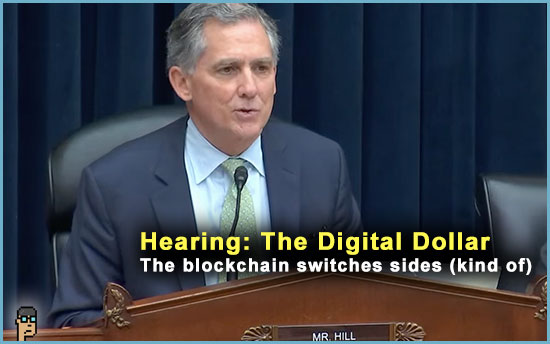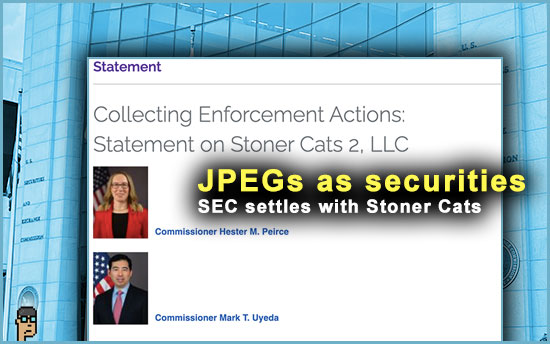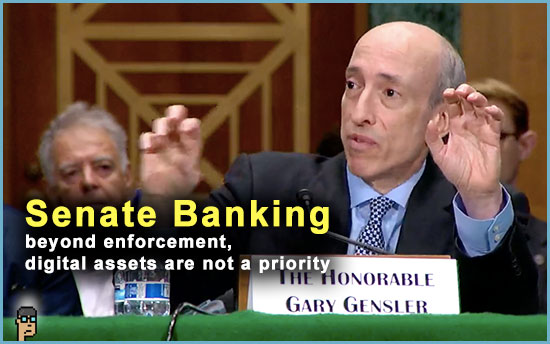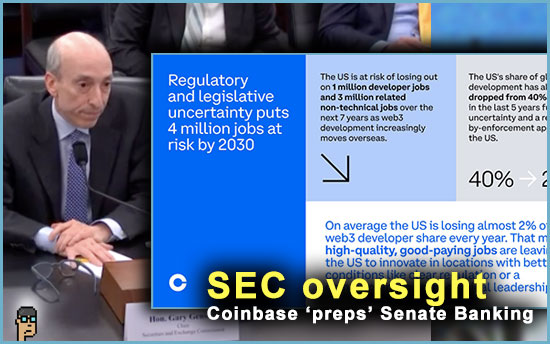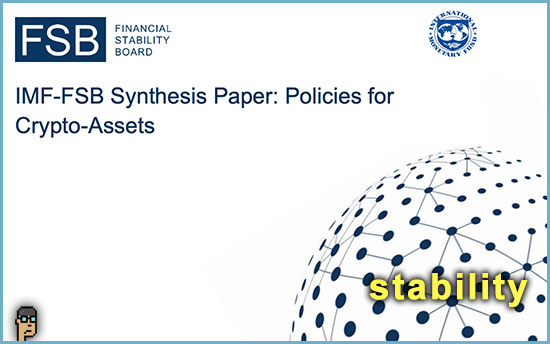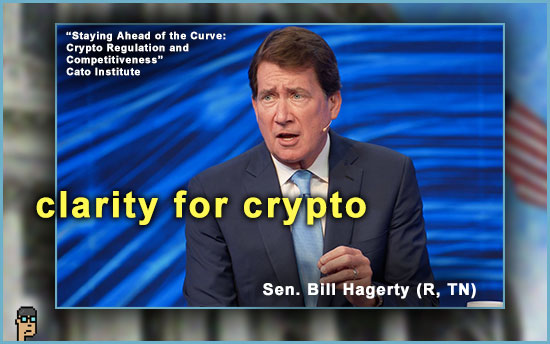Today, the House Financial Services Subcommittee on Digital Assets, Financial Technology and Inclusion convened a hearing titled, “Digital Dollar Dilemma: The Implications of a Central Bank Digital Currency and Private Sector Alternatives.” View the hearing page. And, see the video.
Just before the hearing began, Rep. Stephen Lynch (D, MA), who is also the Ranking Member of the HFS Digital Assets Subcommittee, drew the battle lines with Republicans beginning with an announcement about the creation of the Digital Dollar Caucus, a list of whose membership is expected within a week according to a spokesperson. The Ranking Member also reintroduced H.R. 5410, “the Electronic Currency and Secure Hardware (ECASH) Act, which would develop an electronic version of the U.S. Dollar for use by the American public.” Co-sponsors include Democrats Rep. Ayanna Pressley (MA), Rep. Rashida Tlaib (MI) and Rep. Jesus Garcia (IL) – none of whom are on the Digital Assets Subcommittee. Read the press release.
Digging into the text of the bill, the ECASH Act asks U.S. Treasury “to develop and pilot digital dollar technologies that replicate the privacy-respecting features of physical cash.” See it.
FedNow, stablecoins, ECASH, CBDCs.. the lines are blurring.
Lynch’s legislation mingled with the hearing’s other bills which were skeptical of a CBDC, at best, including: Majority Whip Rep. Tom Emmer’s [H.R. 1122] “CBDC Anti-Surveillance State Act,” the bipartisan “Power of the Mint Act” [H.R. 3402] and the “Digital Dollar Prevention Act” [H.R. 3712] with 19 Republican co-sponsors. Continue reading “CBDC Hearing Shows Diversity Of Opinion Among House Financial Services Democrats”

